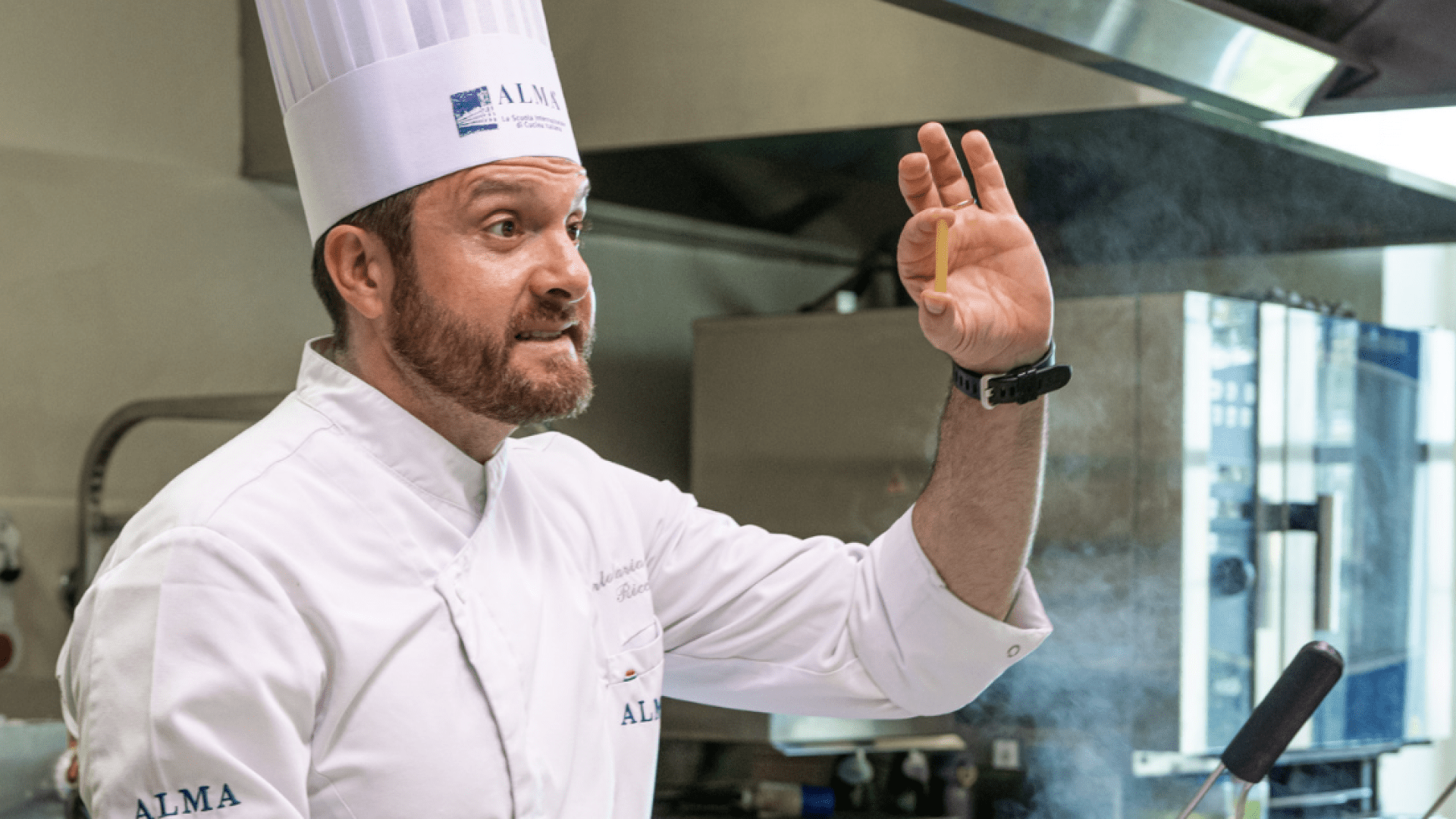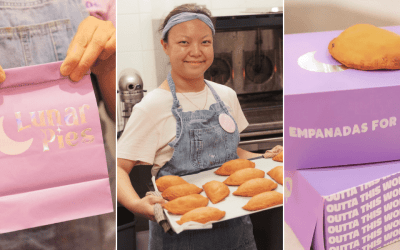Have you ever wondered how to win the fight against food-waste in your hospitality endeavors?
In a recent free webinar hosted by Hosco in collaboration with ALMA, the esteemed Chef Carlo Maria-Ricci offered his expert insights into the art of sustainable catering.
With a rich background in culinary excellence and a deep commitment to environmental responsibility, Chef Carlo shared his top tips for transforming event catering into a sustainable practice.
This article extracts the key takeaways from his masterclass, presenting five essential strategies for anyone looking to infuse their event menus with sustainability.
Understanding Sustainability in Catering
The expert chef underscores the importance of local sourcing in sustainability: "We should focus on what's available locally, as the impact of transportation can be significant. This approach impacts something that is inherently sustainable, potentially in a detrimental way.”
Chef Carlo emphasizes the need to balance ecological responsibility with practical considerations, advocating for the use of local resources to minimize environmental impact. By doing so, events can significantly reduce their carbon footprint while supporting local economies, demonstrating a commitment to both environmental stewardship and community development.
Food Selection and Preparation
Chef Carlo highlights the environmental impact of food choices, especially proteins: "Every food has a carbon footprint, particularly proteins due to their production processes and inputs, which can vary significantly in sustainability. Understanding this impact on our menu and product selection is crucial for sustainability.”
He suggests a careful examination of food sources, focusing on sustainable production methods and low-carbon options. This not only reduces the environmental impact but also encourages a more thoughtful and responsible method of catering. It involves making informed decisions about the types of foods served and their origins, ensuring that each component of the menu contributes to a more sustainable event.
Menu Design and Portion Control
Discussing the importance of menu diversification, Chef Carlo advises, "For an average of 1.2 kilos of food per person at large events, there's no need for more than 200 grams of main protein... Utilize pulses for salads and dips; incorporate whole grains. Vegetables and fruit should compose a large part of your menu.”
He notes the role of diverse ingredients in creating balanced and sustainable menus. The focus on portion control is critical in reducing food waste, and the inclusion of a variety of food groups like pulses, whole grains, vegetables, and fruits not only enhances the nutritional value but also contributes to the sustainability of the event. This approach ensures a more ecologically responsible and health-conscious catering plan.
Sustainable Cooking Techniques and Recipe Modification
On sustainable cooking techniques, Chef Carlo states, "Many technologies enable us to create sustainable single servings. Consider using silicone molds or refrigeration techniques like blast cooling. These practices exemplify how we can use technology for sustainability.”
He advocates the importance of innovative cooking methods and equipment in reducing waste and energy use. By adopting techniques like blast cooling and using reusable materials, caterers can significantly lessen their environmental impact. This not only contributes to sustainability but also enhances the quality and presentation of the food. Adapting traditional recipes to incorporate new methods demonstrates a commitment to both culinary excellence and environmental responsibility.
Waste Management and Sustainable Practices Post-Event
Chef Carlo emphasizes effective waste management: "It's crucial to understand composting and biodegrading... The most important aspect is reducing reliance on plastic, ensuring proper recycling of food waste, and other materials.”
He encourages comprehensive strategies to handle waste post-event, including composting organic waste and recycling. Focusing on minimizing waste extends beyond the event, contributing to broader environmental goals. By understanding and implementing proper waste management techniques, event planners can ensure that their events are not only memorable but also environmentally responsible.
Ending this insightful look through Chef Carlo Maria-Ricci’s sustainable catering practices, we hope you’re inspired to implement these strategies in your own culinary adventures. Remember, every step towards sustainability is a step towards a healthier planet.
If you're eager to put these tips into practice and are looking for new opportunities, explore the open catering jobs currently available on Hosco. Join a community that values sustainability and start your journey towards making a significant impact in the catering industry today!




